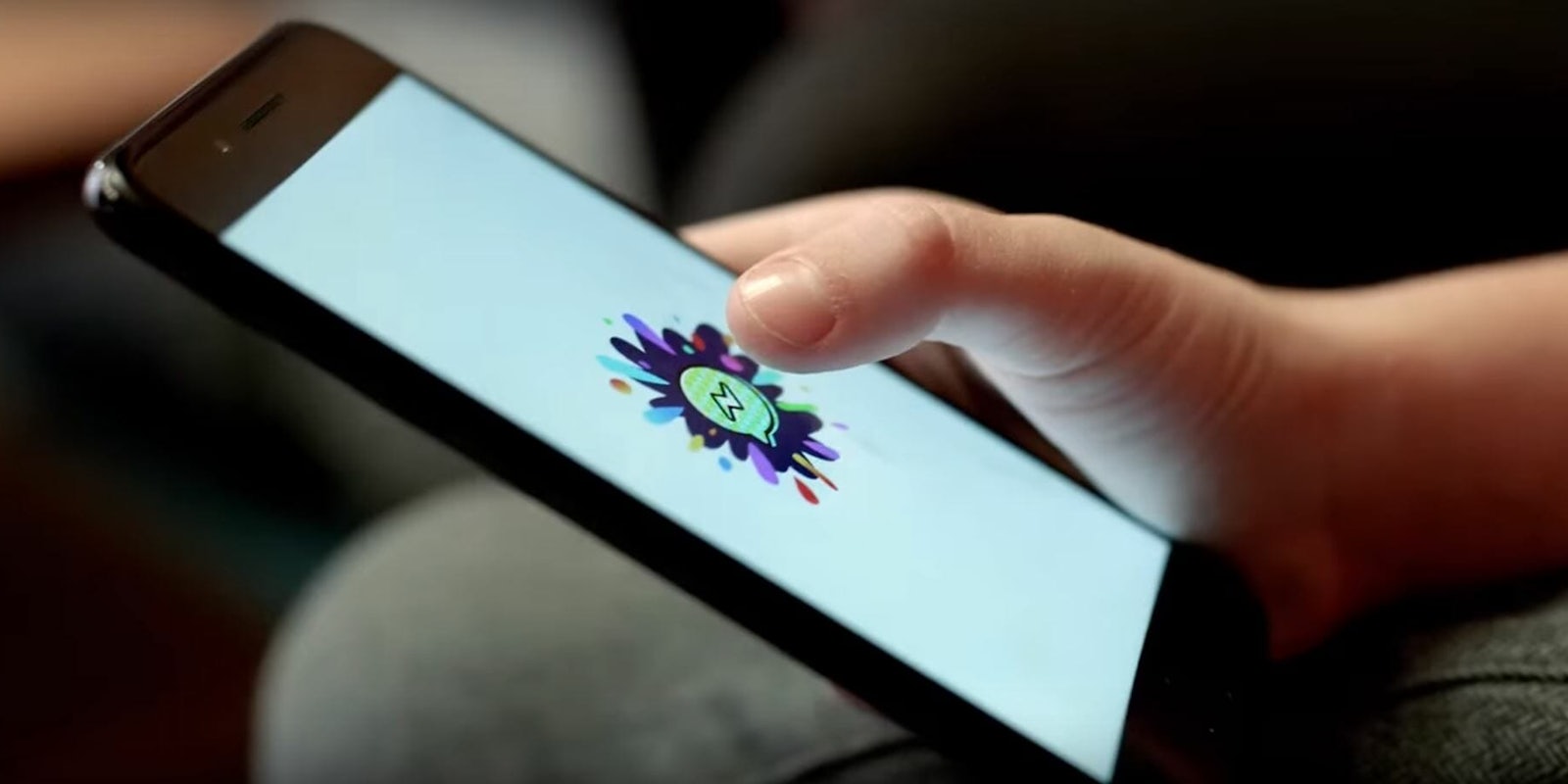Despite its attempts to quell parents’ and health professionals’ concerns about kids online, Facebook continues to face heavy backlash to its Messenger Kids network.
Facebook faced expected criticism last month when it revealed Messenger Kids, a social network for children under the age of 13. Parents and child health experts feared the app would get children addicted to social media at a younger age while lawmakers asked questions about privacy and security.
Prepared for this questioning, Facebook followed the app’s announcement with a blog post titled, “Hard Questions: So Your Kids Are Online, But Will They Be Alright?” that explained how it employed a dozen advisers in the areas of child development, online safety, and children’s media and technology to make its app safe.
But it failed to dispel the fear that the world’s most popular social platform is exploiting children to grow its network.
In an open letter to CEO Mark Zuckerberg released Tuesday, more than 100 health experts urged Facebook to dismantle the Messenger Kids app, which is currently available on iOS and through Amazon’s Appstore. Led by Boston-based Campaign for Commercial-Free Childhood, the letter calls Facebook’s decision “irresponsible” given growing concerns about how social media affects youths. The experts warn that “younger children are simply not ready to have social media accounts” because they don’t understand online relationships or the concept of privacy.
“Social media use by teens is linked to significantly higher rates of depression, and adolescents who spend an hour a day chatting on social networks report less satisfaction with nearly every aspect of their lives,” the letter states, citing multiple studies. “Eighth graders who use social media for 6-9 hours per week are 47% more likely to report they are unhappy than their peers who use social media less often.”
Messenger Kids, the “child-friendly” version of the company’s immensely popular chat app, comes with a suite of parental controls. Its aim is to introduce chat and video features to a younger group of users and give parents the ability to monitor who their kids interact with online. The app is controlled entirely by the parents, allowing Facebook to legally sign up children under 13 to a social account. Facebook claims the app is free of ads and that it won’t collect data for marketing purposes.
But the pediatric and mental child health experts don’t think the protections do enough. “[E]ven if these safeguards are effective, the app’s overall impact on families and society is likely to be negative, normalizing social media use among young children and creating peer pressure for kids to sign up for their first account.”
When Facebook revealed Messenger Kids, it said the app would allow children to keep long-distance relationships with relatives, like military parents who are deployed overseas. The letter suggests children use their parents’ Facebook account, Skype, or simply pick up the phone instead.
Messenger Kids was designed as a safe space for children who are too young to use social media but have lied their way onto other services. The health experts don’t believe it will serve its purpose.
“But the 11- and 12-year-olds who currently use Snapchat, Instagram, or Facebook are unlikely to switch to an app that is clearly designed for younger children,” the experts write. “Messenger Kids is not responding to a need—it is creating one.”
The letter cites Facebook’s many failures over the past few years and ends by urging the network to make good on its word, and “do better” by pulling the plug on the new messaging app.
We’ve reached out to Facebook for comment and will update if we hear back.
Update 10:15am CT: A Facebook Messenger spokesperson defended the app in a statement to the Daily Dot.



“Messenger Kids is a messaging app that helps parents and children to chat in a safer way, with parents always in control of their child’s contacts and who they can message. Since we launched in December we’ve heard from parents around the country that Messenger Kids has helped them stay in touch with their children and has enabled their children to video chat with fun masks with family members near and far.
They continued, “For example, we’ve heard stories of parents working night shifts being able read bedtime stories to their children, and moms who travel for work getting daily updates from their kids while they’re away. We worked to create Messenger Kids with an advisory committee of parenting and developmental experts, as well as with families themselves and in partnership with National PTA. We continue to be focused on making Messenger Kids be the best experience it can be for families. We have been very clear that there is no advertising in Messenger Kids.”